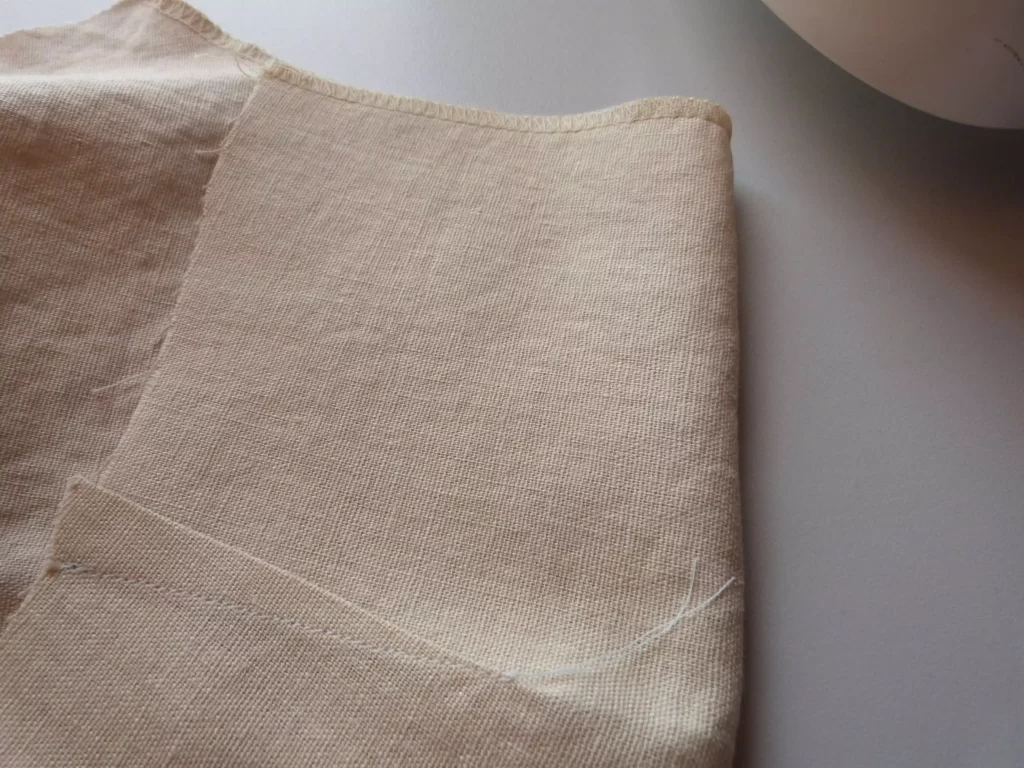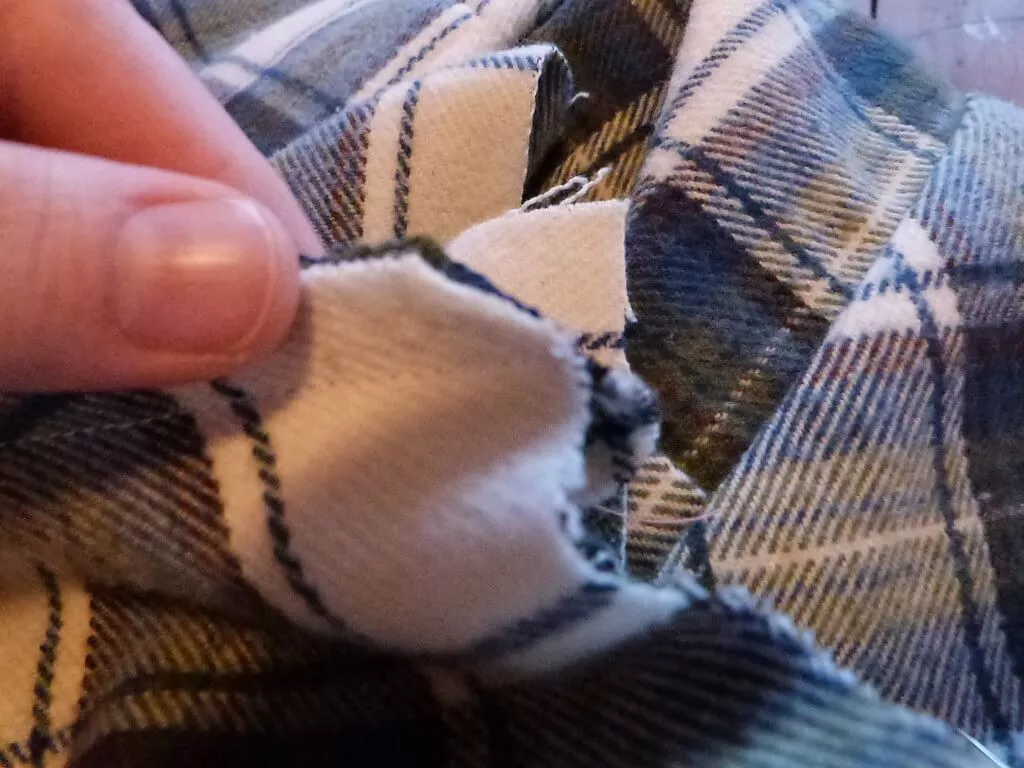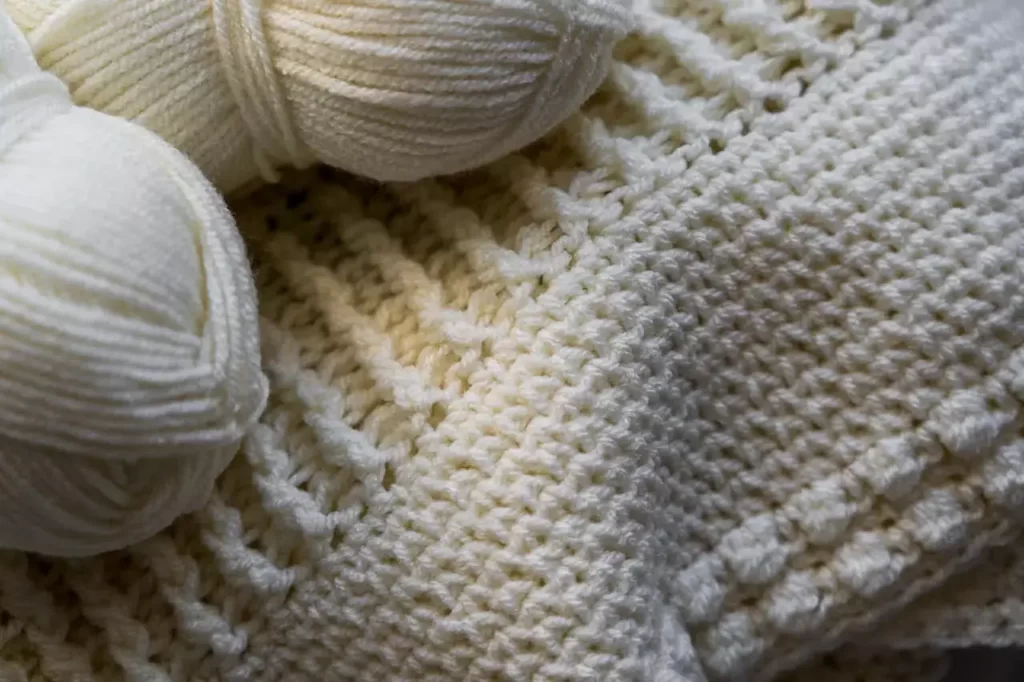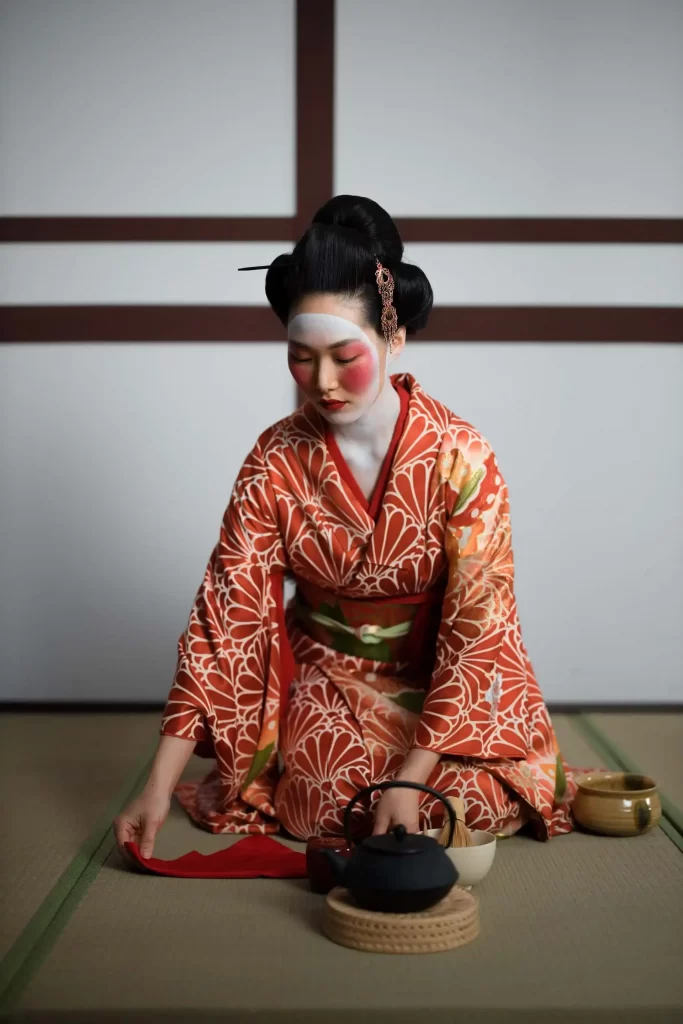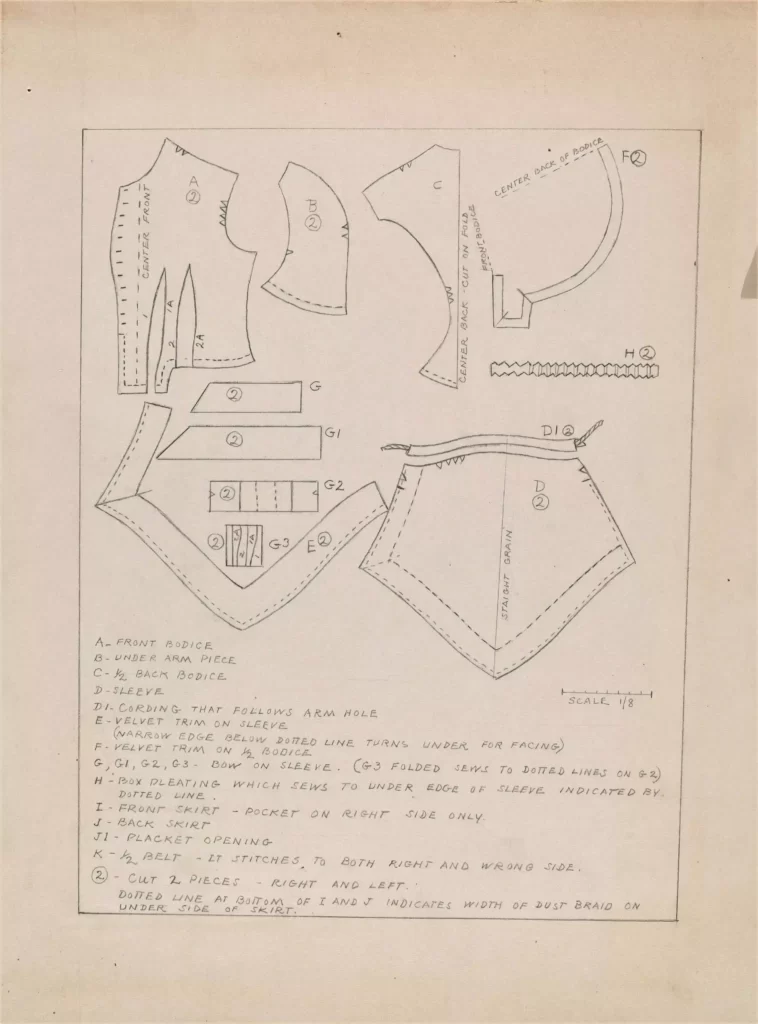Acne is the most common skin problem. But still, it’s not healthy. It’s a problem that is normal to have. It hurts me when I see parents of teens are not serious about skin problems. You can neglect it when there are few pimples. But what if that’s not getting cured, well day by day, and just sits there for months and growing all over the face. Condition like this should not be neglected. Acne scar stays. Not because of the scars but because the skin is a vital and biggest organ which is protecting all the inner organs and muscles. So healthy skin is what everybody needs.
Diagnosis of Acne
Diagnosis of acne is not that hard, almost anyone with a little knowledge of skin like an aesthetician can tell if you have acne or not. You can also tell. Read the types & symptoms of Acne here. So after you are confirmed that your skin is facing an acne problem, it’s not about a pimple anymore you need to treat it. Acnes are ranked by their severity.
Acne Severity Ranking
Acne can be divided into four groups depending on its severity and type.
Grade 1: Mild
Grade 1 acne is not something you need to be very concerned with. You may have 2, or 3 pimples, blackheads, or whiteheads in this stage. Hormonal changes can cause this often.
Grade 2: Moderate Pustular Acne
When you have papules and pustules more than 10 you may have Grade 2 acne. You will see, that this has grown over time. For example, a month before you probably had just two or three. Instead of getting healed your condition gets a little bad. From this stage, the major change is you will be in grade 3 within weeks.
Grade 3: Moderate to Severe
When the condition gets a little worse after a month or so and now you have pimples of various shapes and sizes all over the face you’re in grade 3. At this stage, you can see the old scar of old pimples even if the pimple is not there. There will be many newly growing pimples too. You may feel little pain. If you still did not visit a dermatologist this is the time.
Grade 4: Severe Nodulocystic Acne
In this stage, you’ll feel pain in the various places where Nodules have grown. They will be large and very flared up. Blood may come out often if you touch a little hard on your face.
Treating Acne
I wanna disclaim that I don’t have any medical background. So I’ll list what I have read and some skincare habits you may adopt. These are okay when you have grade 1 or grade 2 acne. But if you have grade 3 acne please take advice from a doctor instead of reading blogs.
Mild Acne
Mild acne can be treated with skincare and cosmetic products. These are called over-the-counter (OTC) medications. Like creams, soaps, and cleansers. If you’re using everything all by yourself do not use a higher dose at first. Start from a mild dose.
- Salicylic Acid: This exfoliate your skin and helps to clear the face from extra sebum, unwanted dead cells, and bacteria.
- Azelaic Acid: This also control sebum production and reduces bacterial growth.
Moderate Acne
After using OTC for a few days if you see no change, you may apply something stronger than before. But prescribed by a dermatologist.
- Benzoyl Peroxide: This will absorb the material inside of pustules and kills Propionibacterium acnes, which is responsible for acne. This also slows down sebum production.
- Retin A: Retin A helps to free the pores. Retinol can be also suggested.
- Antibiotics: Antibiotics like Erythromycin kill excess skin bacteria. Antibiotics are for the morning and retinol is for the evening.
- Contraceptives: These are used for moderate to severe acne. Oral contraceptives contain hormones that help to reduce acne. It contains progesterone and estrogen that decreases the circulation of androgen and that leads to less production of sebum.
Severe Acne
For severe acne also, Oral antibiotics and contraceptive pills are prescripted by doctors. But single medicine is not enough. So it can be prescribed together or with Benzoyl Peroxide. Vitamin A, Retinoids like retinol also can be prescribed.
- Antimicrobials: Antimicrobials like sodium sulfacetamide also reduce Propionibacterium acnes.
- Isotretinoin: This is a strong oral retinoid that unclogs the pores. Reduces whiteheads, and blackheads. This is prescribed for a short period only for severe cases. It has some bad side effects like fetal abnormalities. So during pregnancy, it is not recommended. Others are dry skin and lips.
- Steroids: These are used to treat severe acne, like large nodules.
Other Recommendations by Dermatologists
This is removing damaged and dead skin cells and reduces oil production. Removing damaged skin cells means that will reduce any scar caused by acne. These treatments will also reduce the further growth of acne, as these clear the skin.
- Medical Exfoliation: Dermabrasion is a type of exfoliation that removes the top skin cell layer. It helps to treat scars. Microdermabrasion is another moderate exfoliation. Chemical peels can be used for mild exfoliation at home.
- Photodynamic Therapy (PDT): This is a laser treatment to control oil production and bacterial growth. This helps to not get acne.
Treating Acne at Home
Use Tea Tree Oil
Tea tree oil is the oil extracted from Melaleuca alternifolia (Tea tree) that can prevent Propionibacterium acnes bacteria. It also soothes the skin and reduces inflammation. It is very effective. But do not use tea tree all over the face. Use a cotton bud and apply mild tea tree oil on spots of pimples. Use Tea Tree Oil with a Carrier Oil.
Green Tea Products
You can use direct green tea. Take some green tea and boil it for five minutes. Then apply it after it gets cool. Leave it overnight and rinse your face in the morning. Do not mix it with other ingredients. Using just green tea works better. It reduces inflammation, soothes the skin, and nourishes it. If you don’t wanna spend your time making, there are many good products like green tea Toners, green tea serums, and green tea lotions available in the market you may try. My favorite lotion is TONYMOLY The Chok Chok Green Tea Watery Lotion.
Prevent Acne
- Do not wash your face more than twice a day even if your skin is very oily. Washing it more means you are encouraging your skin to produce more oil. Because washing your skin multiple times makes it dryer.
- Cleanse Skin Properly, Always Remove Makeup: Wash your face properly for one minute. Do Oil cleansing weekly twice even if you don’t have makeup or sunscreen. Always remove makeup with Double cleansing.
- Do not pop pimples with anything. Popping pimples spread the bacteria in the surrounding area.
- Use Lotions Instead of Moisturizers: If the climate is not cold use lotions instead of moisturizers because they are light and contain low oil. To know about lotions see this.
- Do not use Facial oils at your last step of Skincare: Not all facial oil is comedogenic. But oil is oil, and at somewhere in the comedogenic scale. Use a moisturizer if the weather is cold. It is better than facial oils. Skin needs to breathe.
- Do not over-exfoliate. Do not exfoliate more than three times.
- Skincare starts with clean hands. It’s not difficult at all. Just wash your hands when you are washing your face.
- Do not touch your face. If your face itch then washes your hand and then touch. Do not rub any area harshly.
- Wash your face after washing conditional from your hair. If you have back acne, then wash your back the last too. Conditional clogs the pores.
- Makeup is makeup, does not matter high end or low. High-end makeups are better. Do makeup as less as possible. Avoid eye makeup, go with lips. Do not use blush, or highlighter regularly if not necessary.
- Do not shave opposite of your hair growth. I know that feels very smooth. But that leads to unwanted bumps.
- Wear loose clothes. Tight clothes do not improve back, shoulder, or chest acne. The skin should be breathable.
- Use conditional before shaving. Wash your skin with a cleanser after shaving. Use warm water for better skin. Using conditional before shaving makes hair soft, and shaving becomes easier. That means fewer skin problems.
- Use Sunscreen. Always. Every time in the daytime. do not forget your umbrella and sunglass. Sunglass is not related to acne. But as I was saying about Sun 😅. So, excessive sun exposure means more sebum production which is one of the main reasons for acne.
- Sleep and Diet, are the two most important things above all. Get straight min 7 hours of sleep and a healthy diet.
- Smoking worsens an acne condition.

